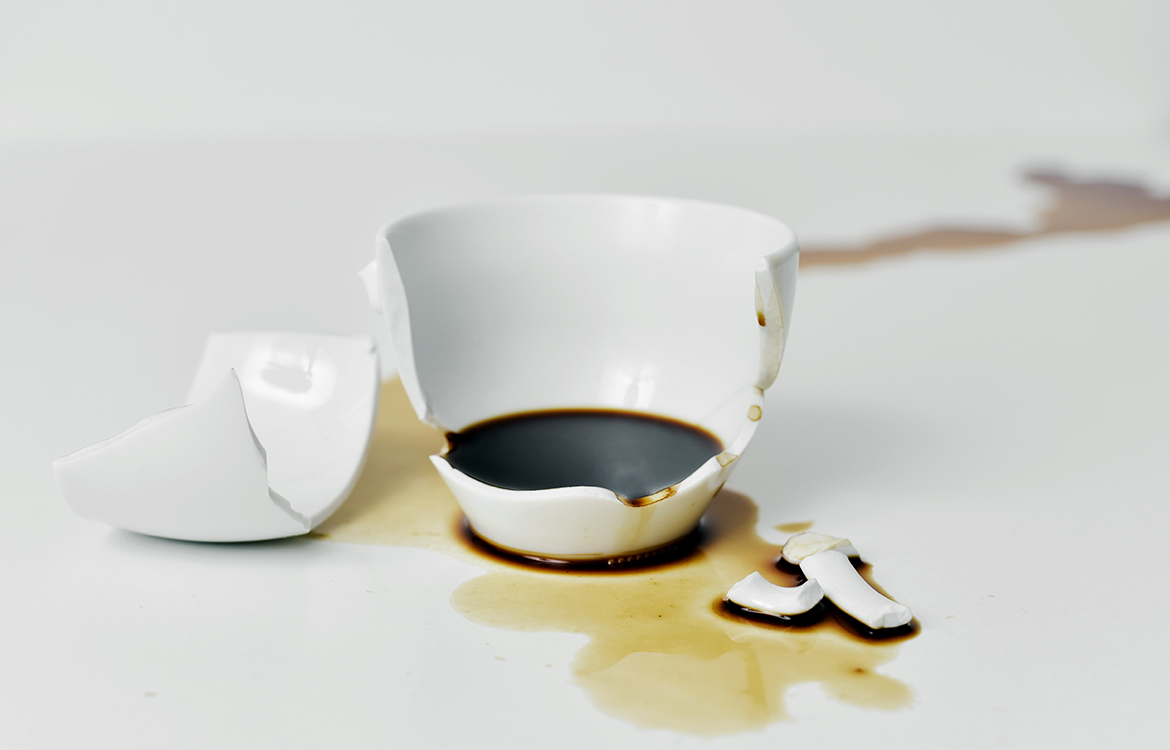 Coffee is good for your insides—your liver, your gut, your very soul itself—but did you know that is also may be good for your outsides? A new study suggests that drinking coffee may reduce the skin redness associated with rosacea, a disease that affects a staggering 415 million people worldwide.
Coffee is good for your insides—your liver, your gut, your very soul itself—but did you know that is also may be good for your outsides? A new study suggests that drinking coffee may reduce the skin redness associated with rosacea, a disease that affects a staggering 415 million people worldwide.
As reported by Health.com, the new study published in JAMA Dermatology found that women who drank four or more cups of coffee daily were 23% less likely to experience the disease than those who drank one cup or fewer of coffee per month. Researchers were particularly interested in coffee’s relationship to rosacea because it’s effects could have gone either way:
“Coffee is known to decrease vasodilation and have immunosuppressant effects, which may potentially decrease the risk of rosacea,” they wrote in their paper. “However the heat from coffee may be a trigger for rosacea flares.”
To reach this conclusion, researchers took data from over 82,000 women who participated in a national study from 1989 to 2005. They found nearly 5,000 participants suffering from rosacea, whose effects include “redness, flushing, bumps, and irritation, usually on the face.”
When cross-referencing those 5,000 cases against each person’s self-reported answers to “health topics, including their consumption of coffee, tea, soda, and chocolate,” researchers found the correlation between coffee and a decrease in rosacea, specifically caffeinated coffee. There was “no significant evidence” that decaf coffee drinkers were less likely to have the disease. But it’s not simply caffeine having the effect. Other caffeinated products—tea, soda, and chocolate—“were not significantly associated with a decreased risk of rosacea;” chocolate was even associated with a higher risk.
The researchers postulate coffee’s efficacy in reducing cases of rosacea comes down to one or all of three factors:
- The high levels of caffeine may constrict blood vessels, lessening the flushing effect of rosacea.
- Coffee contains antioxidants, which act as anti-inflammatories
- It can moderate hormone levels, “which may further play a role in the development of rosacea.”
But as Health.com notes, the study was purely observational, so a causal relationship can’t yet be established between coffee and a decrease in rosacea. But nonetheless, if you’re part of the over 5% of the world’s population that suffers from rosacea, know that science says, at least for now, there’s no reason to think it’s making things worse.
Zac Cadwalader is the news editor at Sprudge Media Network and a staff writer based in Dallas. Read more Zac Cadwalader on Sprudge.
























